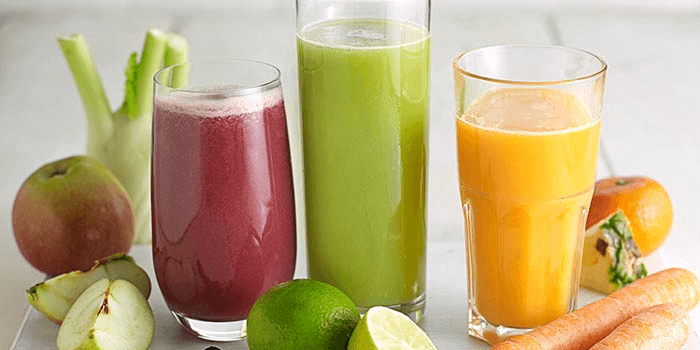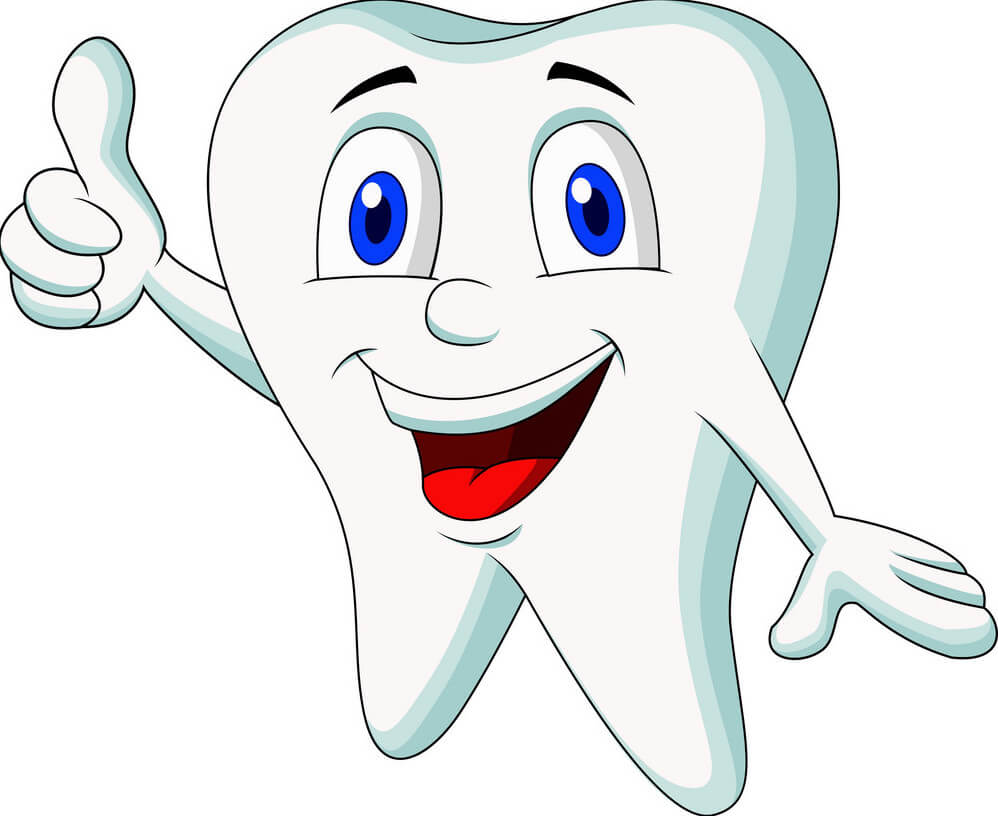Written and originally posted in 2016 by Rima Shah from Calm and Clear Complementary Therapies.
Quite recently I’ve noticed an ever growing trend of people drinking their meals rather than eating them. Juices, smoothies and like have really exploded into our modern city life. Nutribullets, Vitamix and Nutrininjas are all over the place and probably some of the most talked about machines in 2016. If you listen to people they say these machines have revolutionised there health and eating.
So how is this possible? For some people eating a plate of healthy vegetables and/or fruit just doesn’t seem appealing or possible. However, put those same ingredients into one of this aforementioned machines and blitz it together and they’ll happily consume the liquid that it produces.

Drinking Nutrients vs Chewing Foods
But is this actually good for us? There are many avenues to explore about the increased drinking of our nutrients. Some of these I explored in earlier blogs related to sugar consumption and superfoods.
In this blog post I’m going to explore what drinking our food means for our dental health. This came about whilst I was helping my little niece with her science homework where they’re learning all about teeth and balanced diets.
With solid food we chew and use our mouth. With drinking we use our cheek muscles and tongue to help us swallow, bypassing the teeth and gums other than washing the liquid over them.
Those of you who have weaned babies will know that there is a great skill involved in learning to chew food properly. If food is not chewed correctly then we can swallow pieces of food that are too large and can therefore become difficult to digest.
Back to School
How many of you remember your biology classes from school where you learned about teeth structure and salivary glands? Want a quick refresher? Here you go…..
Our mouths are the first step to our digestive process – it all starts there. Within our mouth we have 4 main types of teeth, each with their own job to do, the tongue and salivary glands. When we put food into our mouths the teeth will bite, tear or chew the food and this then mixes with saliva produced as a result of the chewing. The tongue has 3 jobs – it helps us to taste the food but as a strong muscle it helps the food to be sufficiently mixed with the saliva so that it’s broken down. Saliva also starts the digestive process as it contains the first digestive enzyme, called salivary amylase.
As a result of this chewing the stomach and the rest of the digestive system gets itself ready to accept the oncoming food so that it digest and utilise the nutrients it requires to keep our body functioning.
But don’t take my word for it, here’s some advice from Dr Gina Vega of Bishopsgate Dental Care:
“Chewing is a very important physical activity of our body; not only because healthy digestion and nutrient absorption begins with the simple act of chewing your food; but also because by chewing your food your bones holding your teeth get a “workout” helping to keep them strong.”
Dr Vega continues,
“Saliva contains digestive enzymes, so the longer you chew, the more time these enzymes have to start breaking down your food, making digestion easier on your stomach and small intestine.”
Effects of drinking meals on Oral Health
So this got me thinking, what could the implications be on someone’s teeth and oral health if they were mostly drinking their meals rather than chewing them? Would their teeth and gum health be effected, and what about tongue and salivary glands? Would the muscles in the mouth become weaker?
Back to Dr Vega to see what she thinks about this,
“The saliva produced while chewing is also beneficial, helping to clear food particles from your mouth and wash away bacteria so there may be less plaque buildup and tooth decay. It takes serious chewing to break down crunchy foods such as carrots, apples and cucumbers. But all that crunching isn’t in vain. Chewing may disturb dental plaque, and serve as a cleansing mechanism. So instead of remaining in your mouth and settling on teeth, bacteria get cleared away.
We also need to chew our food to fully appreciate the flavour of food. If you rush through your meal with hardly any chewing, you are not really tasting or enjoying the food. When you take the time to properly chew your food, it forces you to slow down, savour each bite and really enjoy all the flavours your food has to offer.”
So by chewing less and less could this mean that jaw bone and muscle strength could be depleted, and what about the effect of sugar on the teeth? Plaque build up may increase and bad bacteria may stick around. And how much of the juice do we really taste, as quite often the drink just slides towards the back of the tongue and down our throat.
Eating good food can be a great pleasure, and I agree with Dr Vega that we should make time to really taste and enjoy it. That small bit of pleasure can be extremely good for reducing stress by increasing your happy hormones in the brain.

Review of drinking vs chewing foods
Personally, I really enjoy eating whole vegetables and fruits as they are and I rarely ever buy or make a juice. However, I do see how for some people it could be the only way that they can consume these good foods and for them it can be quite important. What I would suggest if you are one of these people is that keep the juice to no more than 1 glass a day (if you can’t eat that much food in one sitting don’t drink that much in one go) and try to inter-space it with some food that requires a good amount of chewing so that you can gain the benefits of this too.
Drink plenty of water or gargle after having any juice and brush your teeth morning and night. Cleaning your tongue will also be beneficial.
If you are worried about the effect of juice consumption on your teeth and oral health then please go speak to your dentist. They are the experts in this field and can give you all the assistance you would need.
Booking an Appointment is Easy at Bishopsgate
We are known for providing our London patients with premium dental care, personalised appointments, and some of the area’s finest dental practitioners. We open our doors at 8am every weekday, and close for the day at 5pm or later. You can book online or call our friendly team on 0207 377 6762.
We look forward to providing you with an impeccable dental experience.






